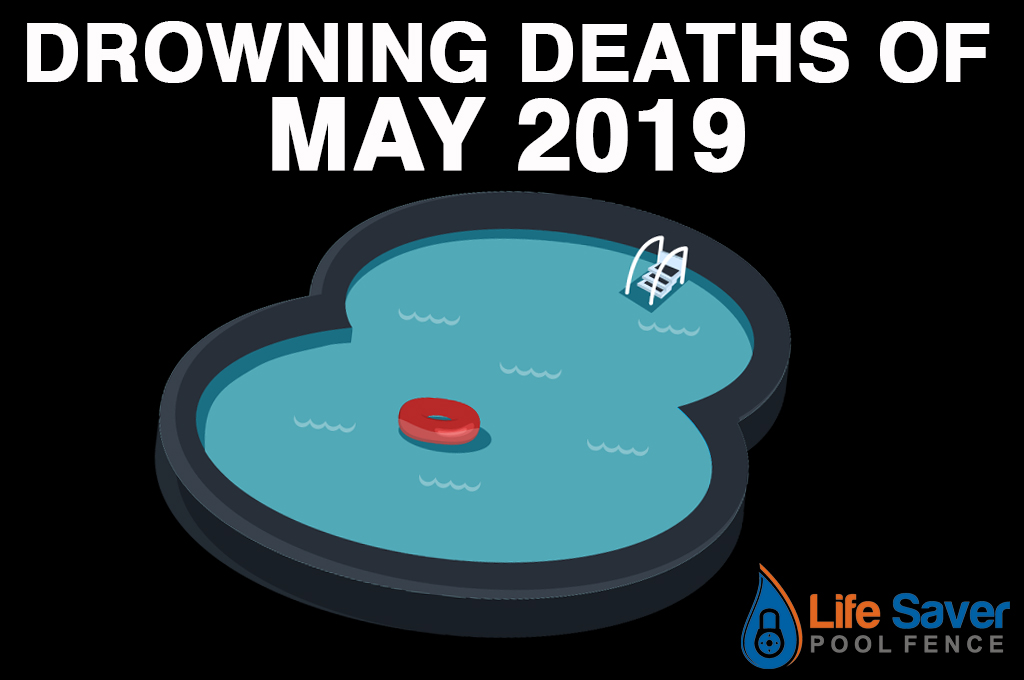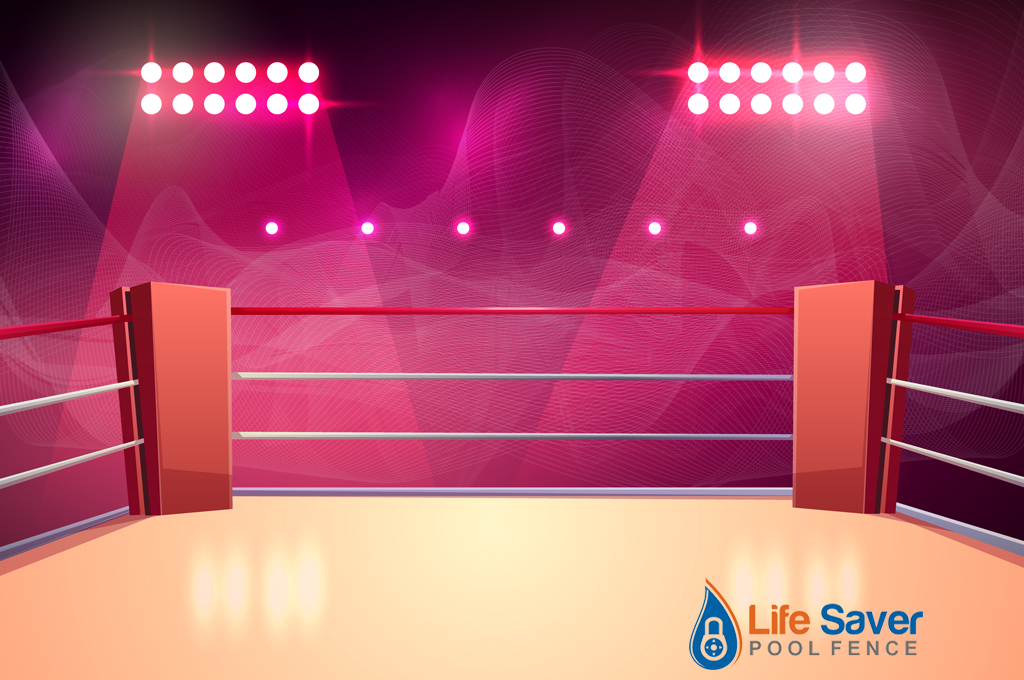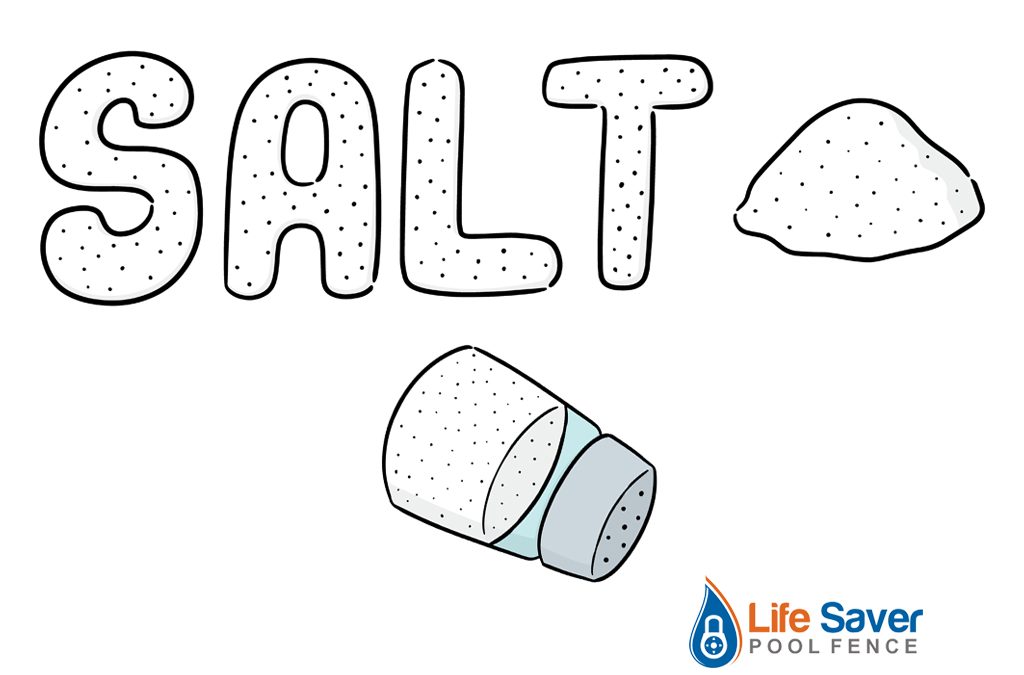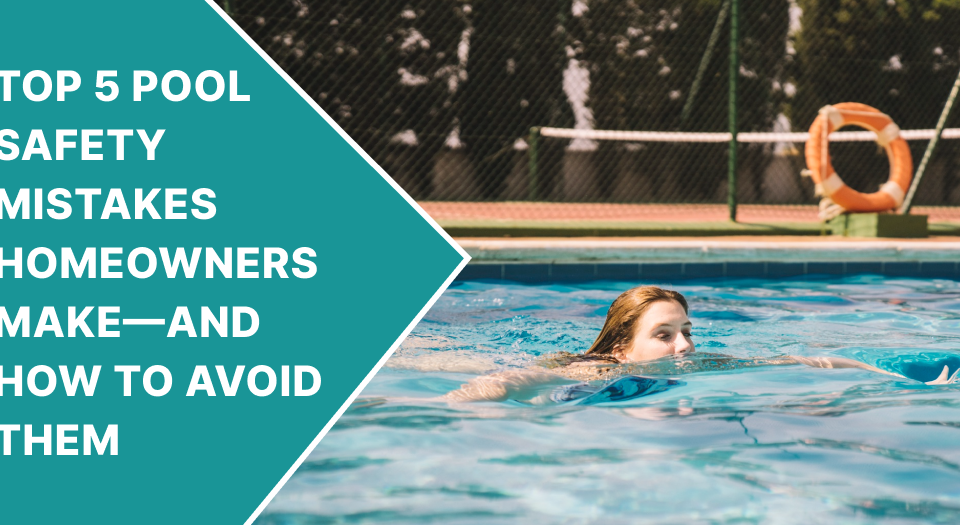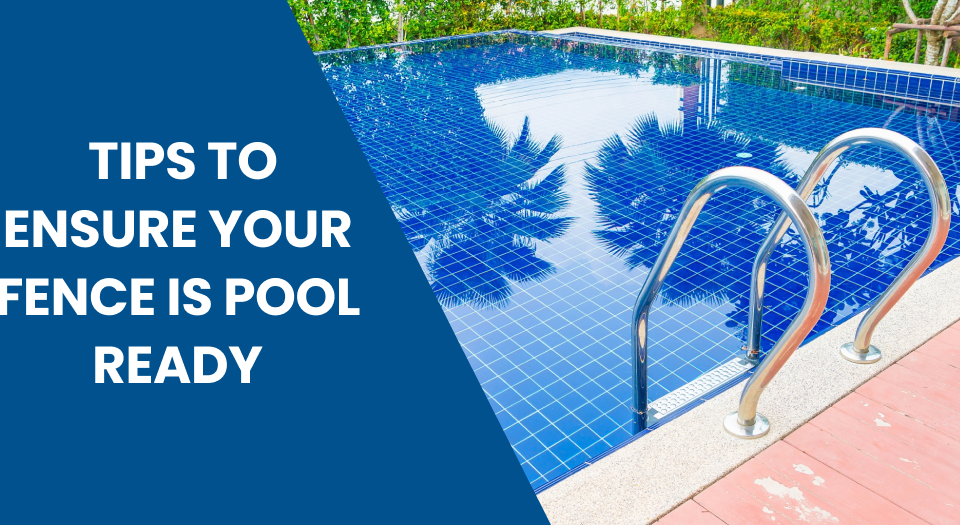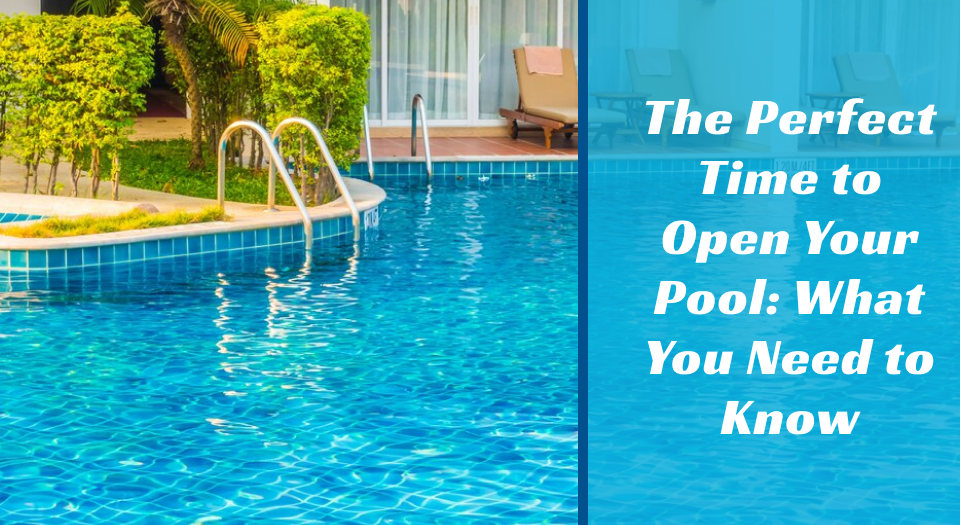Saltwater pools are becoming more and more popular these days. Chlorine is the traditional approach to keeping your pool clean. However as technology moves forward, saltwater is becoming a seriously interesting option. So what’s the deal with saltwater pools? Are they worth the switch?
Read on to find out.
What Exactly Are Saltwater Pools?
When it comes to swimming safety, you can never be too careful. We’ve written about how to stay safe in a community or public pool, but what about the pool in your own backyard?
No matter what, it’s critical to keep your pool’s pH levels and alkalinity balanced. Without proper maintenance, the still water can develop dangerous slime and algae. It can even make you or your guests very sick! For new pool buyers, the choice of filtration systems is an important one.
Now, most of us are familiar with traditional chlorinated pools. This type of pool is cleaned using a chemical named chlorine. It’s usually applied to the water in either tablet or granule form.
Saltwater pools offer a relatively new alternative for people who are uncomfortable swimming in pool water that has large amounts of chemicals. Contrary to what the name implies, this unique system isn’t purely salt-based. Though saltwater pools contain about 10 times less salt than the sea, they do still contain chlorine. However, the source and amount of the chemicals used are significantly different than a traditional chlorinated pool.
Saltwater pools are cleaned using a special salt-based chlorine generator filtering system. In a nutshell, this system transforms salt into chlorine using a process known as electrolysis. Once this process is complete, the system transfers a less intense amount of chlorine into the water.
What are the Advantages of a Saltwater Pool?
On the whole, saltwater pools require less maintenance than their traditional counterparts. For one, saltwater pools require less chemicals as well. You’ll still need to keep a close eye on your pH levels each week, but there’s less general work involved. You can spend less time checking levels and more time splashing around.
For most people, the big selling point for saltwater pools is, well, the salt! The lower-chlorine saltwater is better for swimmers’ hair, skin and eyes. Additionally, it also tends to be less harsh on pool toys and swimsuits. So saltwater offers better longevity for your accessories.
Finally, a lot of people hate the smell of chlorine. Saltwater pools can solve this problem. As you can probably guess, it smells much closer to a day at the beach than a traditional chlorinated swimming pool.
What are the Disadvantages of a Saltwater Pool?
On the downside, saltwater pools tend to be more expensive upfront. The initial installation costs tend to be more costly. As a slight counterpoint to the advantage we mentioned earlier – saltwater can be easier on your swimsuits and toys, but don’t assume that means it’s completely harmless. In time, it can corrode and eat through your equipment, your heating system and even your pool liner. Put simply, all that salt can cause a lot of damage over the years. To prevent this, saltwater pools should be regularly checked for any possible signs of damage and corrosion. This should be done roughly every three months.
Is a Saltwater Pool Right for Me?
In the end, it’s really a matter of personal preference. It’s more money upfront, and if not properly maintained, it can lead to trouble later. That said, it means you’ll be swimming through less harsh chemicals. It requires less maintenance than a chlorine-based pool, but the maintenance is a lot more important. Ignoring this precaution can quickly become very expensive.
Ask your local pool expert for their opinion and don’t be afraid to do your own research online. There are many differing opinions, so you’ll want to be as informed as possible when making your own decision.

